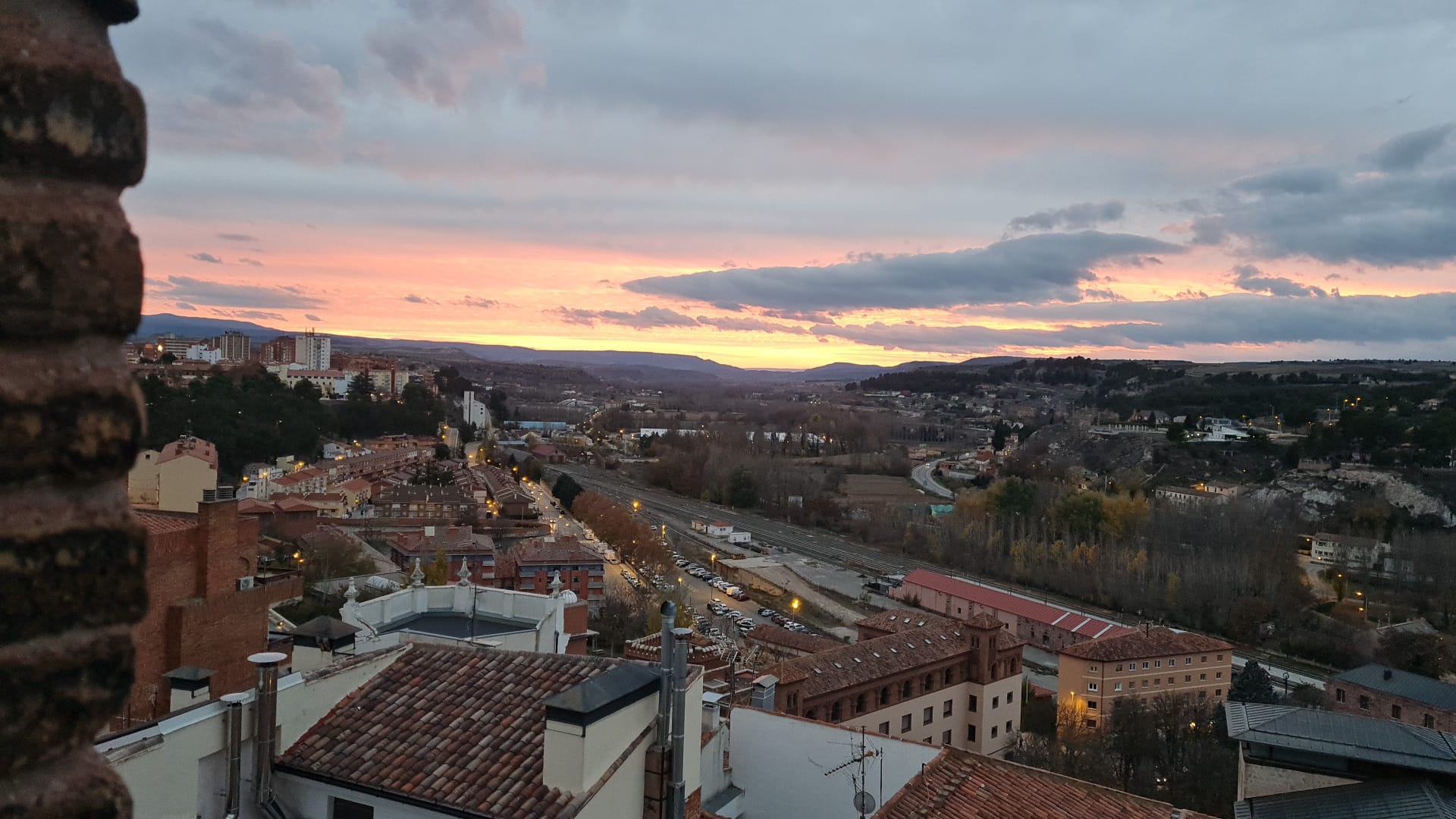Reconstructing the People: Populism and Political Change in Post-Crisis Spain and Portugal
Spain and Portugal are two southern European democracies whose parallel histories have often warranted comparative case study research. Yet in the wake of the political crisis of the 2010s, they presented an intriguing puzzle. Namely, Spain has seen an effervescence of new political movements, populist politics, and ultimately a profound reshaping of the political system. Whereas in Portugal, widespread discontent in the wake of the financial crisis has been followed by political disengagement and politics-as-usual among elites.
Previous research has been unable to make sense of these puzzling differences, and I argue that these shortcomings reflect inconsistencies in how we study populism more broadly. Namely, the study of populism has been characterised by the paradoxical absence of the people. Scholarship has rarely explored how populism actually looks from the standpoint of ordinary citizens, or how citizens exercise agency in channelling populism through multiple forms of participation. Seeking to go beyond existing approaches, in this research I develop a bottom-up approach to populism, foregrounding the lived experience of discontent citizens, their views, and the meanings of their political participation. Doing so was not only important to address the research puzzle, but also to accommodate ongoing developments, such as the recent rise of the populist right in Portugal which further "puzzled" the puzzle. In turn, taking the Spain/Portugal puzzle as a case study, I leverage this original approach to inform established theories and preconceptions about peoplehood and populism.
The book is grounded in extensive fieldwork over more than a year across four sites in Spain and Portugal. It builds on data from 90 in-depth interviews with discontent citizens, as well as ethnographic observation and interviews with civic organisations, stakeholders, etc. The findings make four key theoretical contributions to the literature. First, I argue that populist discontent is rooted in factors that are more structural (the logics of party politics, the increasing complexity and fragmentation of society) than the qualities of elites or the unsatisfaction of specific demands, which are the focus of prior scholarship. I build on this argument to propose a new framework for theorising populism that pushes beyond limitations in prior scholarship. Second, I argue that the populist right is successful not because of nationalism, but because it builds on social resentment that reproduces neoliberal discourses of self-reliance and distrust. Third, I argue that ordinary citizens channel populism by developing and exercising new norms of how democratic peoplehood should work, shaped by the everyday experience of social life in specific rural/urban ecologies. Fourth, following up on the previous point, I argue that left populism is an avenue for channelling discontent, but also that populist left supporters prefer extra-institutional forms of participation that better embody their norms of “good” peoplehood. Overall, the book raises the need to rethink central aspects of modern democracy (party politics, national peoplehood, electoral law, etc.) with normative implications for political action and institutional reform.
Through these findings, I address the research puzzle of Spain and Portugal in two ways. On the one hand, I argue that Portuguese citizens rooted discontent with democracy in social, rather than institutional, dynamics. That is, populist discontent in Portugal was rooted more in an incapacity to experience "the" people at all as an actual sovereign, owing to social behaviours and norms that created social distrust and negative expectations of fellow citizens, and which were largely regarded as inherent in Portuguese society. Whereas in Spain, institutional dynamics were more central to make sense of why citizens felt the people were deprived from exercising true sovereignty, while Spanish society was experienced as a reservoir for changing what is wrong about democracy from the bottom up. In short, populism can take shape differently across different contexts, making it possible to explain what appear as puzzling political outcomes. On the other hand, I address the puzzle by problematising it: a lack of electoral participation in Portugal does not imply no populist politics existed (rather, it took shape in social and civic participation). Nor does the success of populist parties in Spain reflect a complete "satisfaction" of populist discontent (rather, Spanish citizens longed for a different way of doing politics that embodied the norms I speak of above, and which they rarely saw reflected in party politics). Finally, for the reasons outlined above, I argue that it is only in relative terms that one can speak of populist right support as a form of populist politics, given populist right supporters showcased little desire or aspiration to reclaim the popular sovereignty they felt deprived from. That is, a bottom-up approach serves to question assumptions in how prior scholarship has conceptualised populism from the top down.
The project that gave rise to these results received the support of a fellowship from ‘la Caixa’ Foundation [ID 100010434]. The fellowship code is LCF/BQ/EU21/ 11890039.


